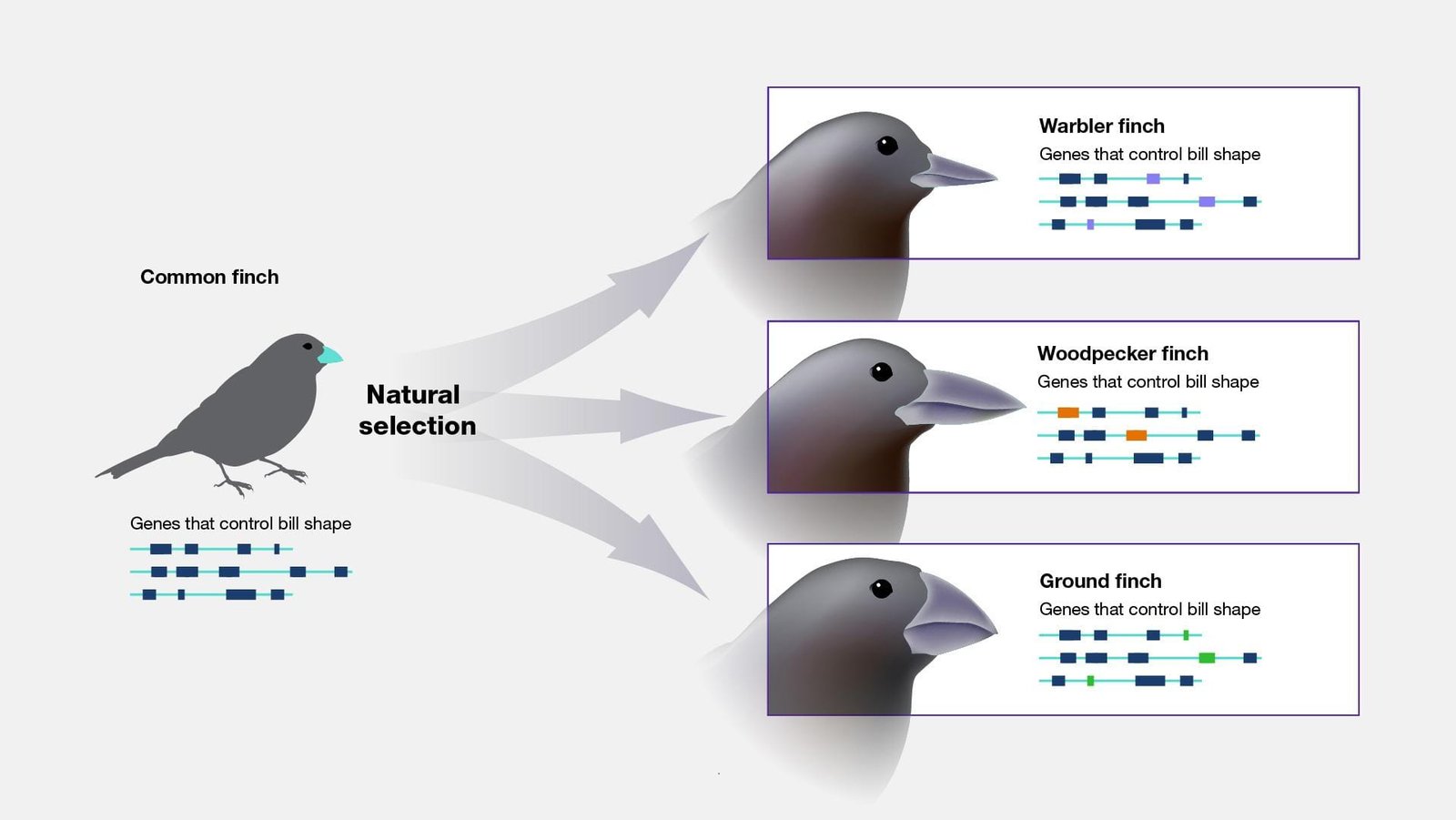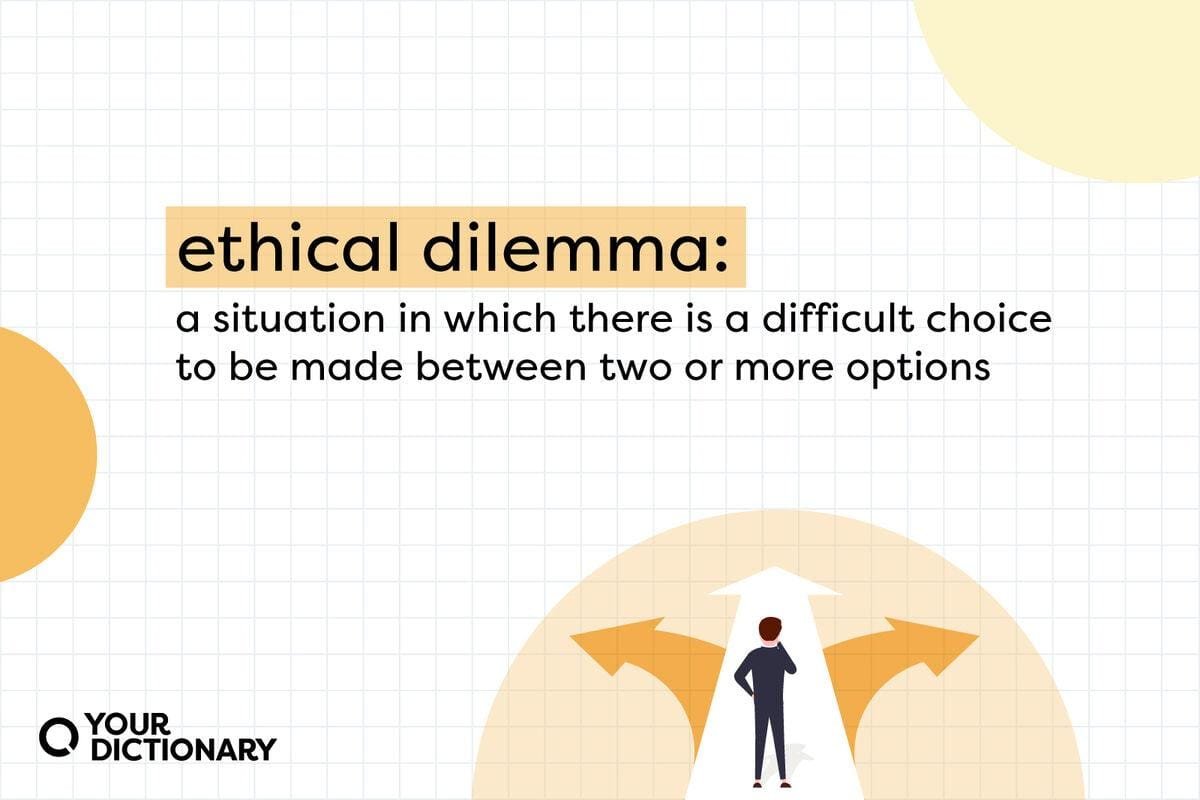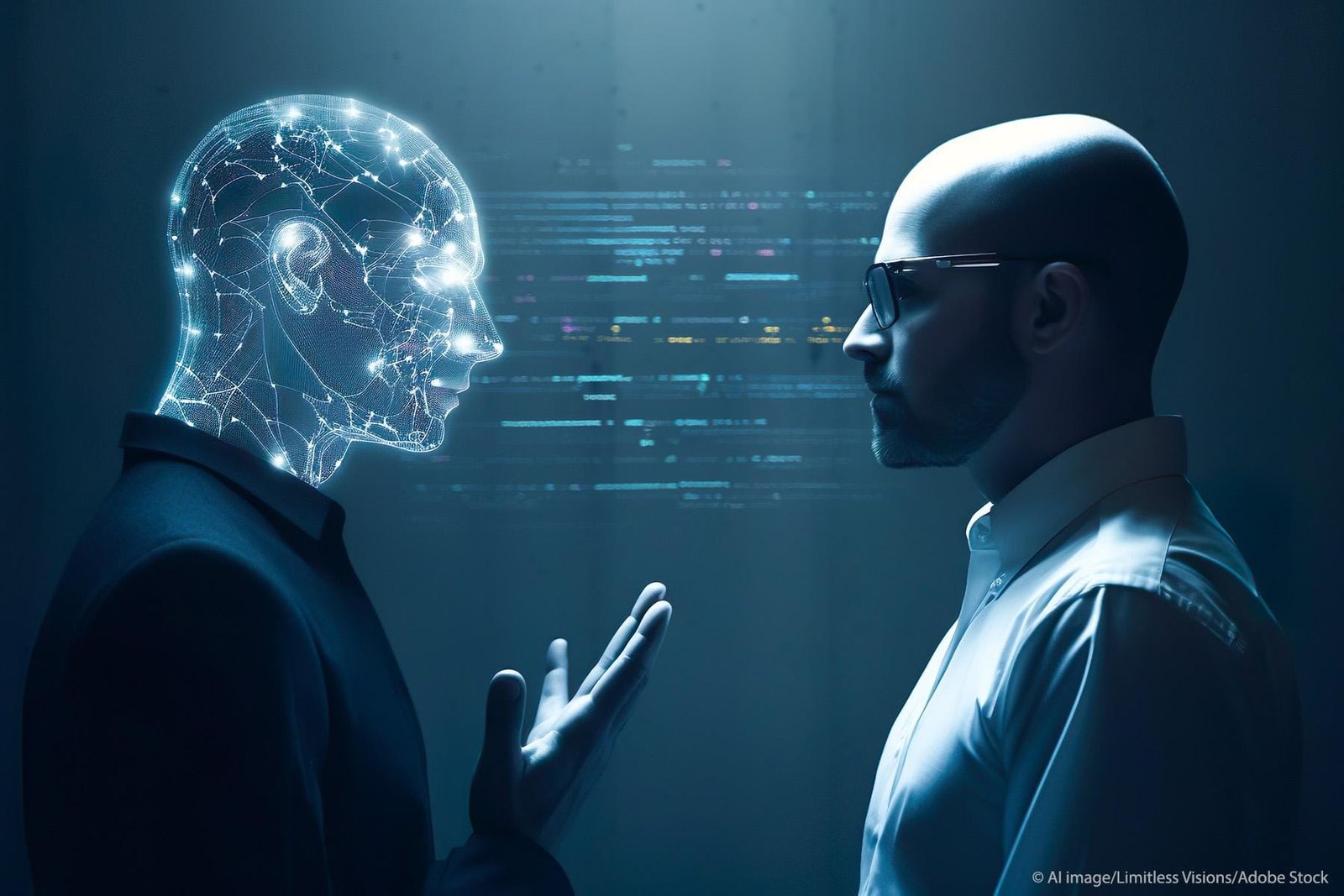Table of Contents
As we stand on the precipice of a new era, the world observes a profound transformation—the rise of artificial intelligence. This technological revolution is reshaping industries, redefining relationships, and challenging traditional notions of what it means to be human. With every algorithmic decision and data-driven insight, AI is not just enhancing daily life but also propelling society into uncharted territories.
The increasing integration of AI promises unprecedented opportunities and complexities. It offers solutions to global challenges while simultaneously raising ethical questions and concerns. As we explore this duality, the journey into the future beckons us to unlock the potential of artificial intelligence in ways previously unimagined.
The Evolution of Artificial Intelligence and Its Impact on Society
The journey of artificial intelligence has been marked by groundbreaking innovations and transformative applications. From its early conceptualization, rooted in symbolic reasoning and logic, to the contemporary era dominated by machine learning and neural networks, AI has evolved significantly. Today, we witness AI systems analyzing vast data sets, making predictions, and even enhancing human creativity, thereby redefining traditional roles within various industries.
This evolution has profound implications for society. The integration of AI into daily life brings several benefits, such as:
- Improved Efficiency: Automation of routine tasks, freeing human potential for complex problem-solving.
- Enhanced Decision-Making: Data-driven insights that empower informed choices in sectors like healthcare and finance.
- Personalization: Tailored experiences in education, marketing, and entertainment that cater to individual preferences.
Nevertheless, the rapid adoption of AI technologies also raises ethical questions. Issues around privacy, employment displacement, and bias necessitate a careful examination of AI’s role in our future. As we embrace this promising frontier, striking a balance between innovation and societal responsibility will be essential.

Navigating Ethical Dilemmas in the Age of AI
As artificial intelligence becomes deeply woven into the fabric of society, it brings forth a myriad of ethical concerns that demand our attention. Issues of accountability, transparency, and bias are central to discussions about AI deployment. The challenge lies in creating frameworks that guide the ethical utilization of AI technologies while ensuring human values remain at the forefront of innovation.
One approach to navigating these challenges is to establish multidisciplinary ethics committees that include technologists, ethicists, and community representatives. Incorporating diverse perspectives can help address potential biases and develop robust policies. Consider the following key factors for an ethical AI framework:
| Factor | Description |
|---|---|
| Accountability | Ensuring responsible parties are identified and held accountable for AI decisions. |
| Fairness | Promoting equitable outcomes and minimizing discrimination in AI systems. |
| Transparency | Providing clear information about AI processes and data sources to users. |

Harnessing AI for Sustainable Development and Innovation
Artificial Intelligence stands as a transformative ally in the quest for sustainable development. By optimizing resource allocation and enhancing decision-making processes, AI can ensure that initiatives are both effective and eco-friendly. From predictive analytics that forecast environmental changes to machine learning algorithms that identify energy inefficiencies, the applications are countless and impactful.
Moreover, AI fosters innovation by enabling new business models that prioritize sustainability. Companies can harness AI-driven insights to create circular economies, reduce waste, and promote renewable energy solutions. By leveraging these technologies, organizations can not only bolster their bottom line but also contribute significantly to global sustainability goals.
| AI Applications | Impact on Sustainability |
|---|---|
| Predictive Analytics | Forecast resource needs and assess risks |
| Machine Learning | Identify energy inefficiencies accurately |
| Natural Language Processing | Enhance communication in environmental policies |
| Robotics | Streamline waste collection and recycling processes |

Future-Proofing Careers: Adapting to the AI-Driven Job Market
As artificial intelligence continues to reshape the landscape of employment, individuals must embrace a mindset of continuous learning. This involves periodically updating skills and acquiring knowledge relevant to emerging technologies. Professionals should consider engaging in activities like:
- Online courses on AI and machine learning
- Networking with industry leaders
- Participating in workshops and seminars
Additionally, fostering adaptability is crucial for thriving in an AI-driven environment. Organizations are seeking employees who can integrate human creativity with AI’s analytical capabilities. Key traits to cultivate include:
- Critical thinking to interpret data effectively
- Collaboration across interdisciplinary teams
- Emotional intelligence to enhance team dynamics
Final Thoughts
As we stand on the brink of a new era, the journey of artificial intelligence is just beginning. This transformative technology is not only reshaping industries but also redefining the way we interact with the world around us.
- Widespread applications in healthcare, finance, and daily life are revolutionizing efficiency.
- The emergence of ethical considerations underscores the need for responsible AI development.
- Collaboration between humans and machines is paving the way for unprecedented creativity and innovation.
While challenges remain, the potential of AI to unlock tomorrow is both promising and profound. Engage with the possibilities, and stay curious about how AI continues to evolve and influence our collective future.



